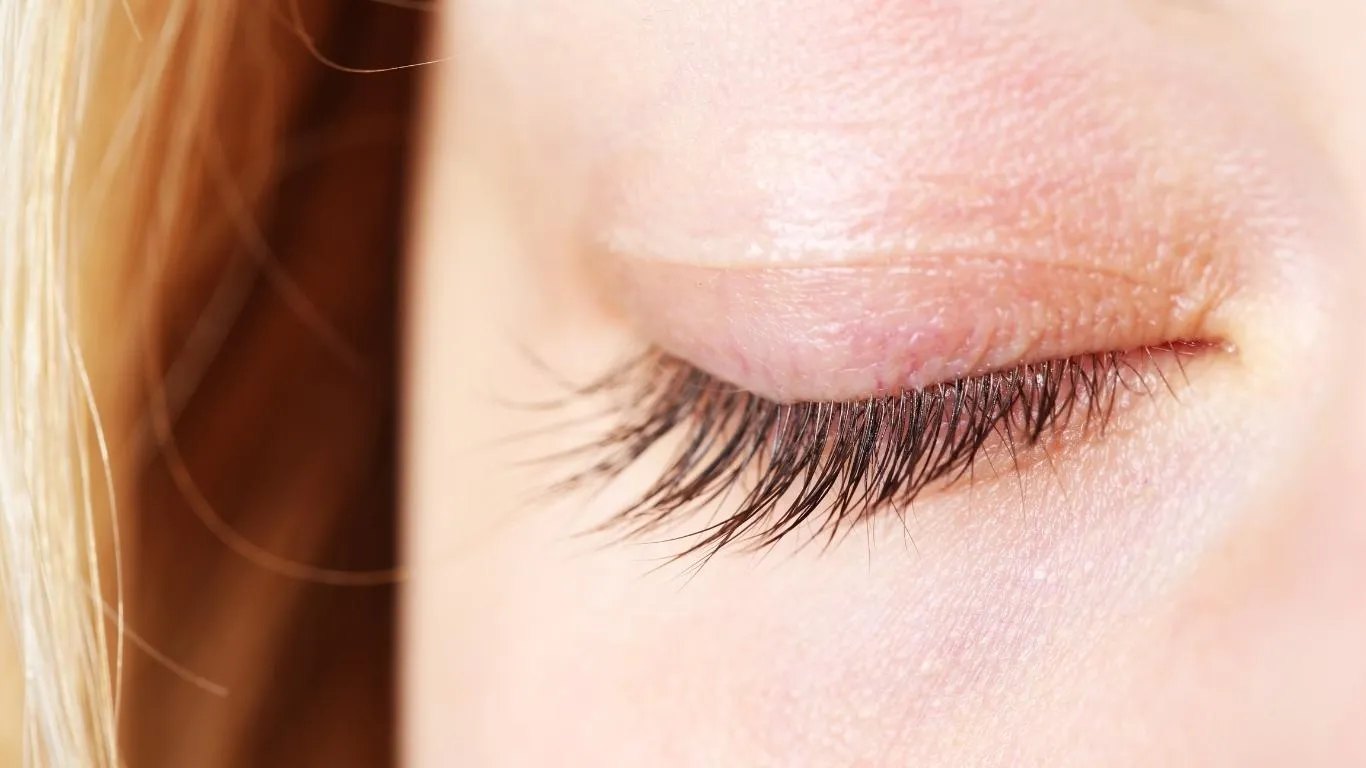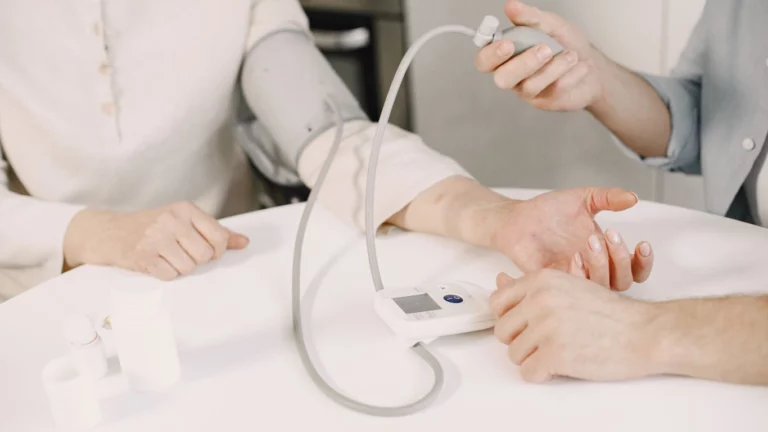Why Floaters That Appear After Loud Noises May Signal Trouble
Ever noticed strange specks or threads drifting across your vision right after a loud noise? You’re not alone. I first experienced this during a concert, right after the speakers blasted a deep bass drop. Out of nowhere, black dots danced across my sight like I was seeing stars. I brushed it off as a one-time thing. But then it happened again after a door slammed shut right next to me. That’s when I started digging—and wow, there’s a lot more to this than I expected.
Why Do Floaters Show Up After Loud Noises?
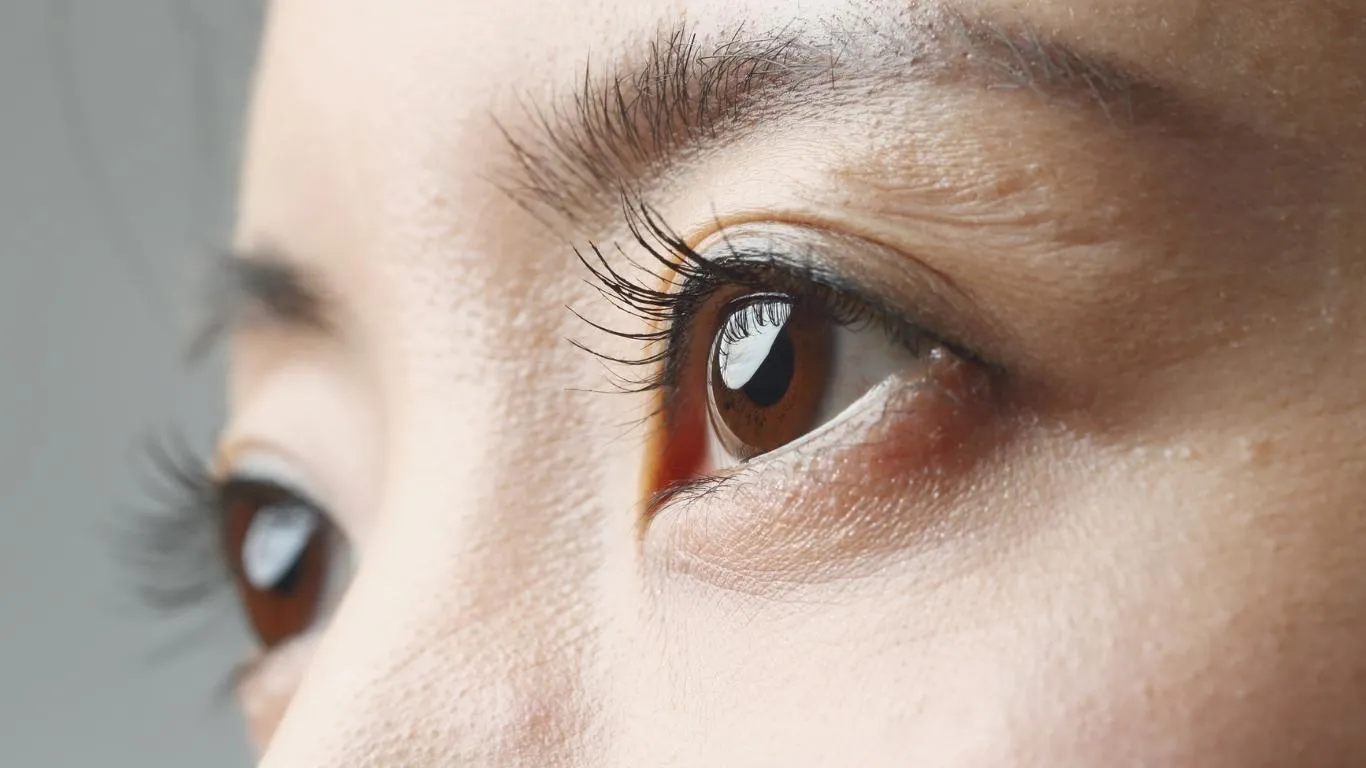
It’s not something doctors always talk about, but sudden acoustic trauma—like loud explosions, gunshots, or even heavy bass—can trigger temporary visual disturbances. In some people, it even leads to persistent floaters. While it sounds a little out there, it’s more plausible than you’d think.
Shockwaves and Your Vitreous
Loud noises, especially sudden ones, can produce physical shockwaves that pass through the skull and eyes. The vitreous humor—aka the jelly-like substance inside your eyeballs—isn’t exactly a fan of abrupt movement. In extreme cases, these vibrations may disturb the vitreous enough to tug at the retina or dislodge microscopic fibers that start to float freely, becoming what we perceive as floaters.
- Think of it like shaking a snow globe—the flakes were already inside, but the sudden motion makes them visible.
- In some people, especially those over 40 or with mild myopia, the vitreous is already weakening. A loud noise may just be the final push.
Increased Awareness, Not Always Damage
Here’s a fun twist—sometimes you’re not developing new floaters, you’re just noticing the ones that were always there. Loud sounds can startle you into hyperawareness. Your pupils dilate, adrenaline kicks in, and suddenly you’re far more conscious of visual “noise” in your field of view. This can explain why floaters appear only after the boom but aren’t necessarily dangerous.
When It’s More Than Just Annoying
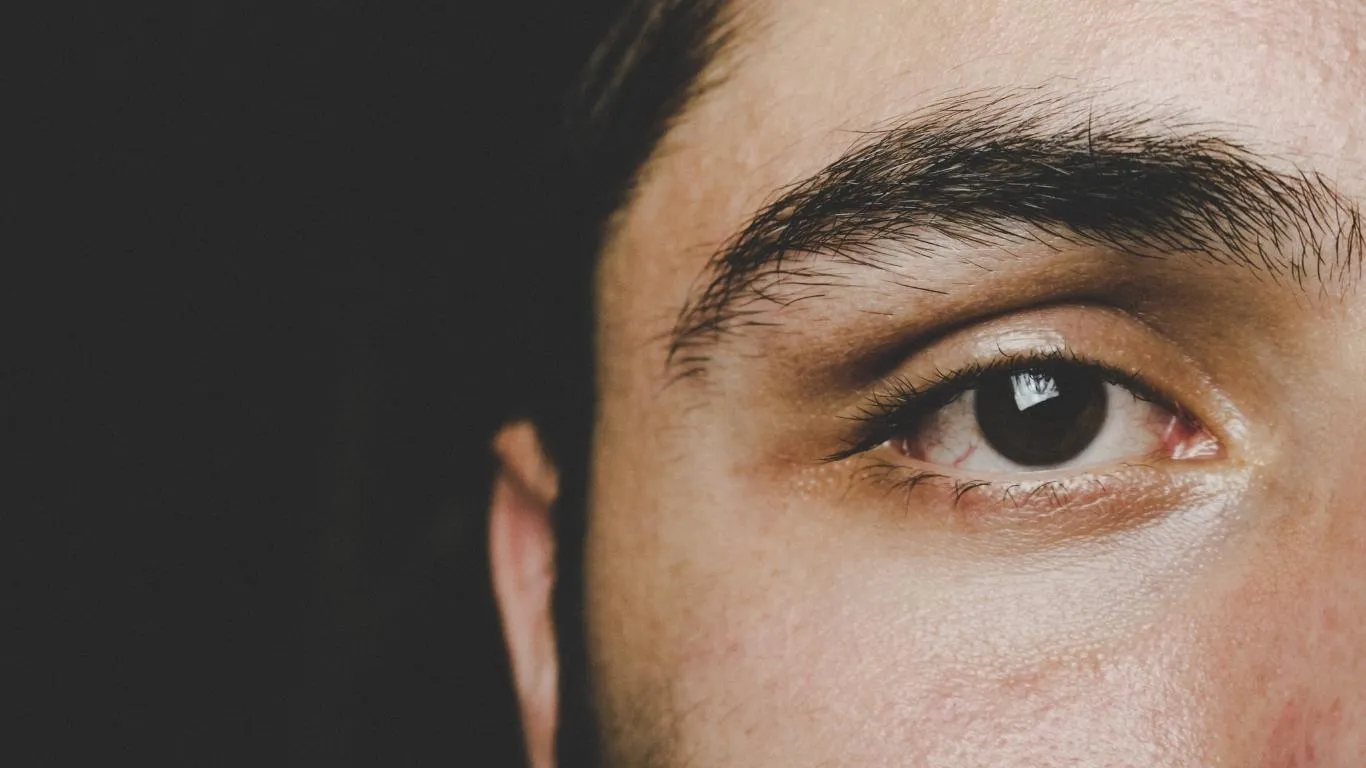
Sometimes, though, it’s not just a case of sudden awareness. Floaters showing up after a loud noise could be a red flag, especially if they appear alongside other symptoms:
- Flashes of light – Could indicate a retinal tear.
- Blurry vision – Might suggest vitreous detachment or trauma.
- Loss of peripheral vision – Needs immediate medical attention.
One study published by the American Academy of Ophthalmology notes that mechanical trauma from rapid pressure changes, such as from a blast, can cause ocular barotrauma. And yes, that includes floaters as an early symptom.
Could It Be Posterior Vitreous Detachment (PVD)?
In adults, especially past their 40s, loud noises may trigger an already-primed vitreous to detach. This condition, known as PVD, is a common cause of floaters. And while it often resolves without intervention, it’s not something to ignore. Learn more about how PVD relates to floaters in this detailed breakdown.
Common Triggers That Work With Loud Noise
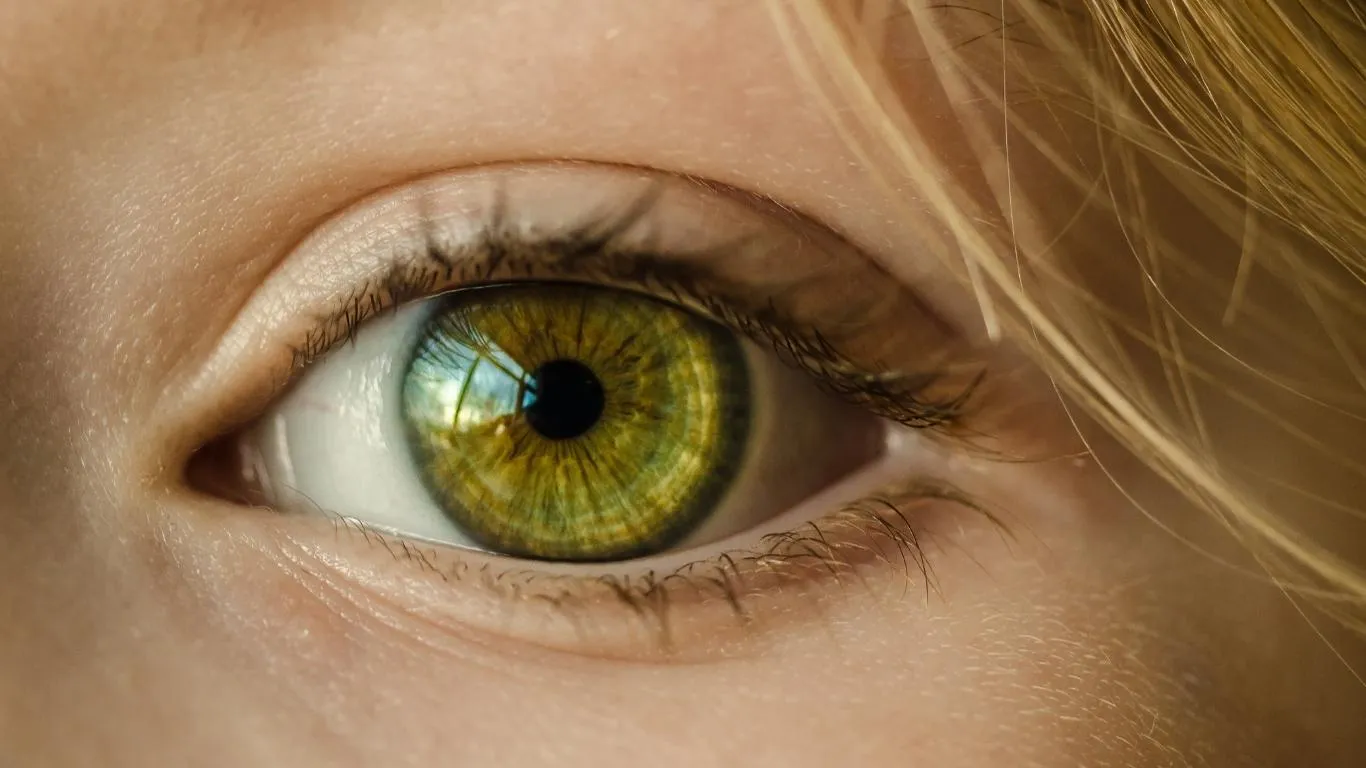
I’ve talked to a couple of eye specialists (and had more eye exams than I care to admit), and here’s what often stacks the odds against you:
- Dehydration – Already a known floater enhancer. Combine that with concert-level noise? Bad combo. (More here)
- High blood pressure – Sudden spikes, like during fear or excitement, can affect ocular circulation. (See the warning signs)
- Stress – Loud environments increase cortisol levels. And guess what? Cortisol spikes may make floaters more noticeable.
Other Visual Symptoms to Watch For
Beyond floaters, people report sensations like “clouds,” “strings,” or “lightning bolts.” The problem is, many mistake these for normal eye fatigue. In reality, these could signal something like pre-retinal tear symptoms—especially if they come on strong after a loud noise or sudden head movement.
Is It Ever Just Coincidence?
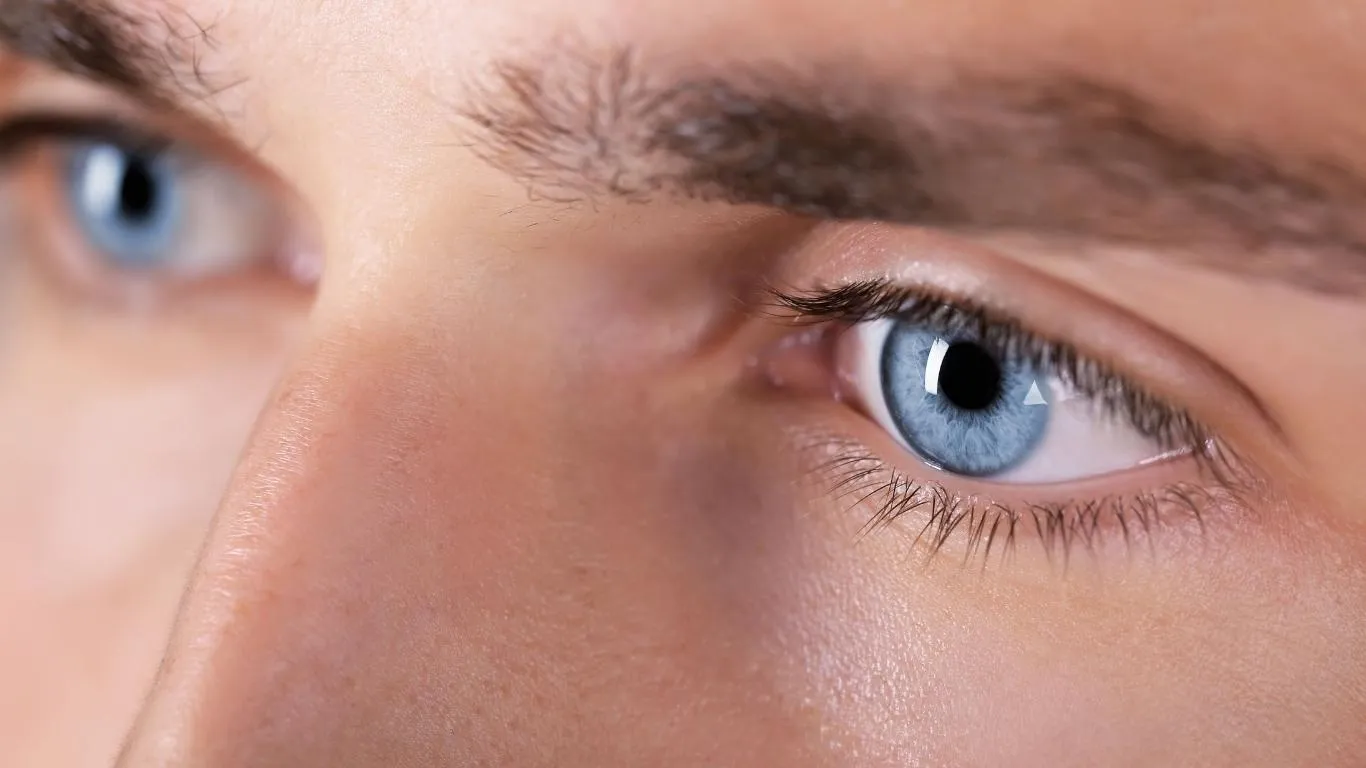
Sometimes, yes. Floaters are incredibly common, especially as you get older. So it might just be that your first “noticeable” floater happened during or after a loud noise. That said, if it becomes a pattern, it’s worth paying attention to.
There’s also growing interest in how sound, vibration, and even EMF exposure could influence ocular fluid movement. While there’s no formal consensus yet, it’s a hot topic among functional optometrists.
Not Sure If It’s a Floater or Something Else?
You’re not alone. Many people confuse floaters with light sensitivity issues, migraine aura, or even dry-eye distortions. If you’re unsure how to tell the difference, this comparison guide is a must-read.
And for a complete breakdown of what floaters actually are and how they behave, check out this pillar explainer and the core article on their causes.
What Your Eye Doctor Might Not Tell You
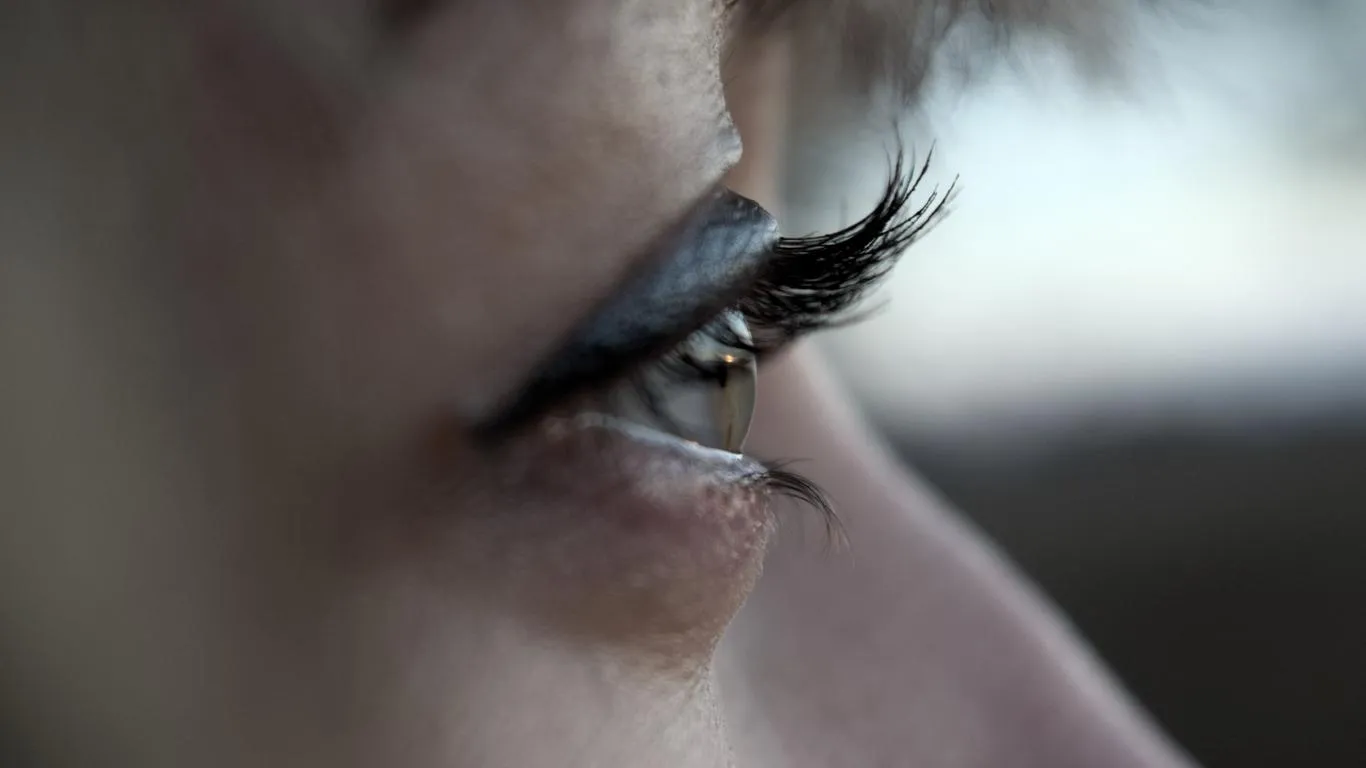
I’ll be honest—when I first brought up the floaters-and-noise connection at my eye appointment, the optometrist looked at me like I’d been on YouTube too long. But after a deeper conversation, even they admitted there’s still a lot we don’t fully understand about acoustic-related ocular changes. That’s the thing—medicine likes neat boxes, and floaters don’t always fit neatly.
If you suspect your floaters are tied to sound exposure, ask your provider for a detailed fundoscopic exam and pay close attention to any signs of vitreous traction or minor retinal bleeding. These are rarely obvious unless you specifically ask to look deeper.
Tests Worth Asking For
- OCT Scan – High-res imaging of your retina and vitreous interface
- Ultrasound B-scan – Especially useful if the view is blocked or murky
- Pupil Dilation – Helps reveal subtle detachment or degeneration signs
Could Sound Sensitivity Mean Eye Sensitivity Too?
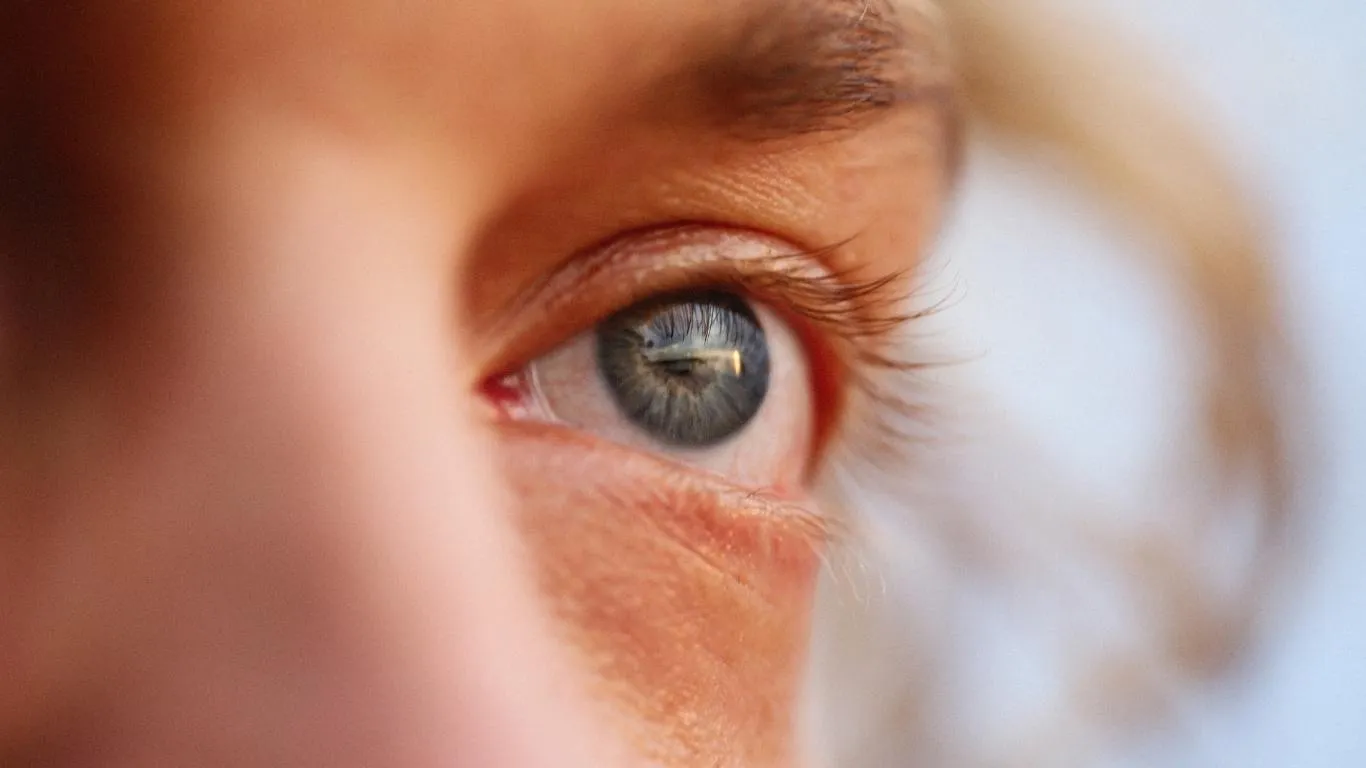
There’s a theory floating around (pun intended) about sensory crosstalk—basically, how certain brains react more dramatically to overlapping stimuli like light and sound. If you’re the kind of person who’s sensitive to loud noises, bright lights, or sudden motion, you may also be more likely to notice floaters, especially under stress.
In fact, patients with high sensory responsiveness (like those with migraines or ADHD) often report visual disturbances like floaters after migraines or tension episodes. Some even mistake floaters for aura symptoms. That overlap may explain why floaters triggered by sound are more common than currently documented.
Don’t Ignore Repetitive Patterns
If you consistently see floaters after loud environments—gyms, concerts, sports events, or machinery—you might be dealing with low-grade ocular stress. Long term, this could increase your risk of chronic vitreous degradation. And if you’re genetically predisposed to eye issues, like Marfan Syndrome or Ehlers-Danlos, take that seriously.
What Actually Helps Calm Them Down?
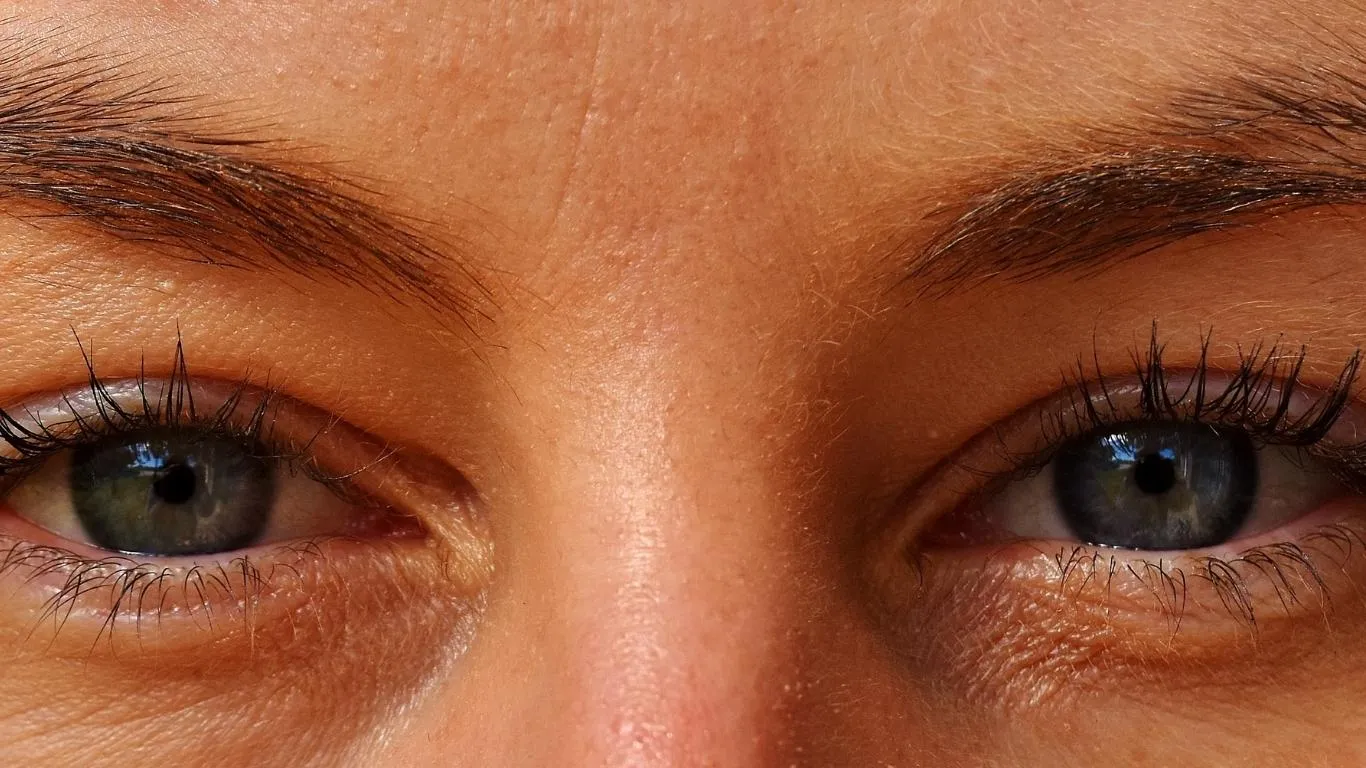
I went through a few months where every gym speaker and movie theater visit would crank up my floater activity. Here’s what helped me get things under control (without panic Googling every night):
- Hydration first – Seems simple, but dehydration exacerbates floaters like crazy.
- Blue-light filtering glasses – Made a noticeable difference in floaters when driving at night or sitting in front of screens. (But not all are created equal)
- Supplements with lutein, zeaxanthin, and hyaluronic acid – Helped maintain vitreous elasticity. Be consistent; it’s not a quick fix.
- Sound protection – I carry earplugs to concerts and wear them at the gym near speakers. Dramatic floater reduction after I started.
What About Eye Drops or Laser Therapy?
Honestly? Most over-the-counter drops that claim to “clear floaters” are just lubricants. There are a few promising clinical options though. If your floaters are intense or affecting your quality of life, bring up YAG laser vitreolysis or microplasmin injections with your ophthalmologist. Just know they’re not always covered by insurance.
What You Can Do Today
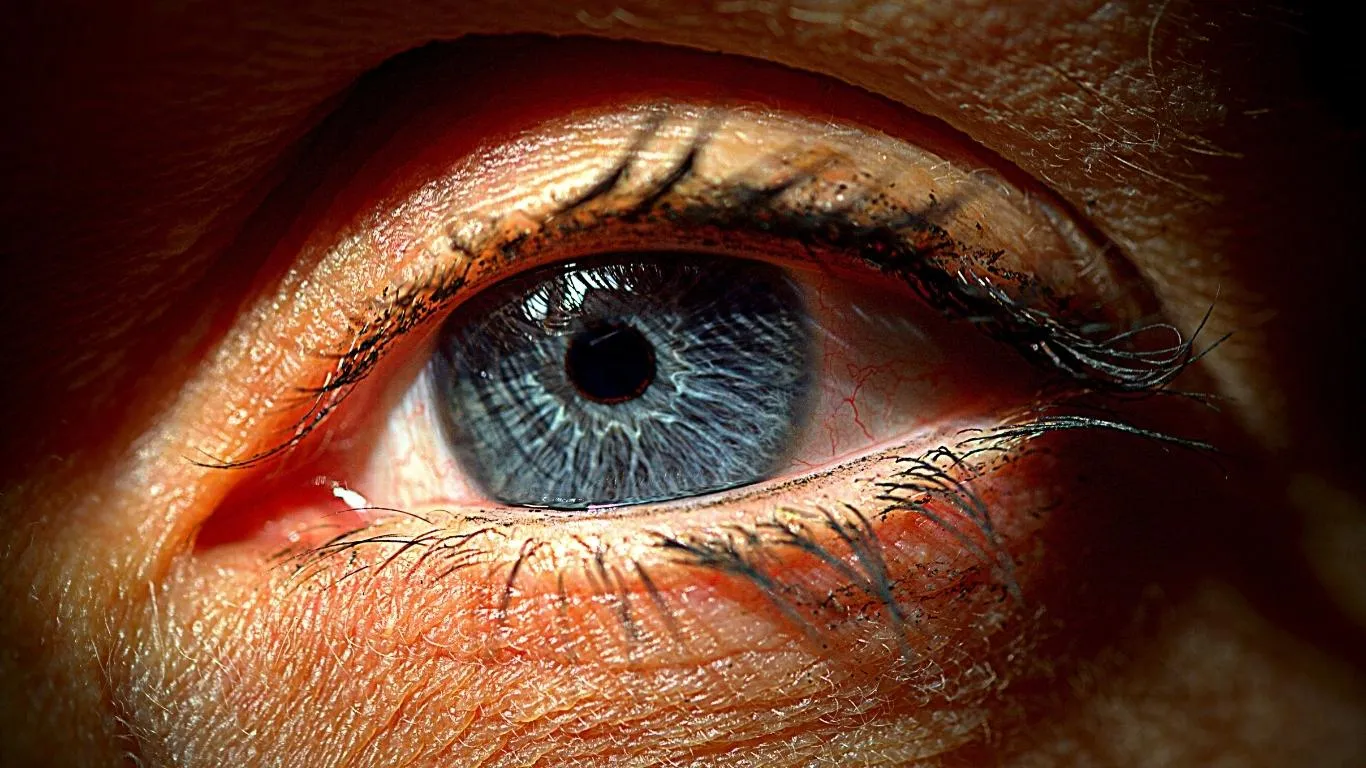
Floaters after sound shocks aren’t always a crisis, but they’re not something to brush off either. Track them. Write down when they happen. Does it only happen indoors? At night? During anxiety? That info matters.
- Try a simple eye tracking log – note time, environment, sound level, and symptoms.
- Use this to rule out whether you’re dealing with aura symptoms, dry eyes, or something worse.
And if you haven’t yet, get familiar with the difference between floaters and other visual anomalies. Trust me, it’ll help with peace of mind.
Where to Learn More
To really get a full picture of what might be happening inside your eyes, dive into the detailed guide on eye floaters vs. other conditions, and don’t skip the core breakdown at this expert-led explainer.

Camellia Wulansari is a dedicated Medical Assistant at a local clinic and a passionate health writer at Healthusias.com. With years of hands-on experience in patient care and a deep interest in preventive medicine, she bridges the gap between clinical knowledge and accessible health information. Camellia specializes in writing about digestive health, chronic conditions like GERD and hypertension, respiratory issues, and autoimmune diseases, aiming to empower readers with practical, easy-to-understand insights. When she’s not assisting patients or writing, you’ll find her enjoying quiet mornings with coffee and a medical journal in hand—or jamming to her favorite metal band, Lamb of God.

